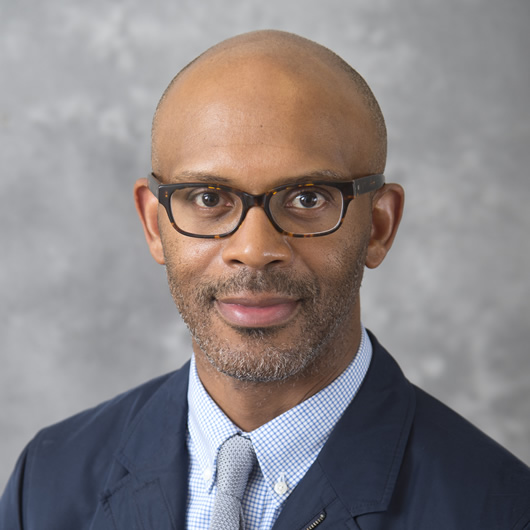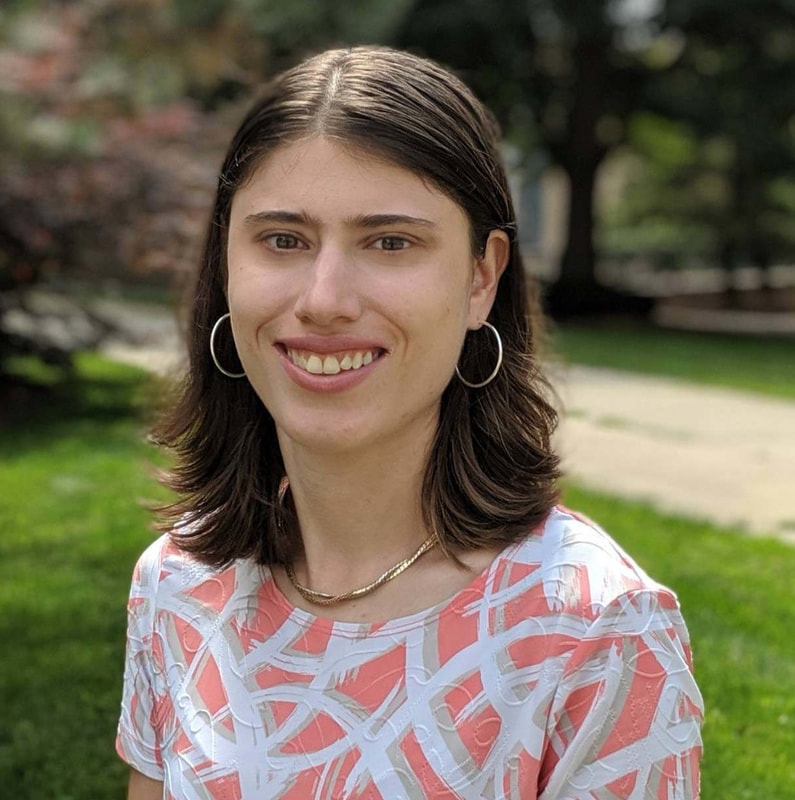ScienceTalk 2024 is just around the corner! We had the honor of chatting with one of our keynote speakers, Dr. Rayvon Fouché, about his career in science communication and what he’s looking forward to at this year’s conference.

Q: What is your background in science communication?
A: I get very excited about science, and I think science communication is the key to so much. I live in the ‘social science world’, I’ll call it, and mostly recently I was the Division Director of social economic sciences, which is the largest federal funder of social science research.
Part of the struggle that we’re having is that the natural and physical sciences do a great job about communicating the value, importance, rationale, and the reason why you should invest in science–and then we have this whole other world of social scientists, who don’t do the same.
I always joke that there’s no Bill Nye the social science guy.
So what does it mean to have people thinking about sociology, economics and psychology of a large array of social sciences? For me, I feel like the key point in the middle between, I’ll call it science, capital science, and the public, are science communicators. And what happens if we started investing more and thinking more deeply about the ways we can convey the meeting value importance of science?Science communicators are good at this part. You need professionals who have thought about and know how to communicate very complex ideas and subjects to vast audiences, from policymakers to preschool kids—and how do we think more broadly about that.
I don’t have the strongest background science communication, and probably the reason I think that is a lot is that some of the work I’ve done is on relationship between black people and technology. I often get pulled into conversations about black people and their relationship to technology and am put into a place where I have to communicate the relationship between black people, technology and innovation. I’m intrigued by the best and worst part of those conversations—how do we think about those conversations with people who are completely antagonistic to anything you bring to them and people who are completely interested and may not have thought about it before? How do we share that excitement and frustration with science and the production of science and technology to a of host different people?
Q: Did you always know this is what you wanted to do with your career?
A: I’ve always been interested in strange, weird questions about the ways in which science and technology influence our lives. One story about what got me down this pathway was when I was in an organic chemistry class as an undergraduate. I’m from the generation where the professor had chalk, and was just cranking out equations on the chalkboard and he was just kind of going at it, and he was saying that all the equations have names associated with them. At one point I thought, okay, so these aren’t random names, these are names of something. So I asked,
“So how do [the equations] get their names?” and he responded, “They’re just people’s names,” and then turned around and continued what he was doing. And I thought, wow, okay that is interesting, so at one point I raised my hand again and asked, “Are we going to learn anything about the people?” He just gave me a blank look, said no, and kept going, as if the people who made the stuff the he spent his whole life working on were completely meaningless—the context of their lives, their families, had nothing to do with the science.
That got me moving down that path, and then there was a TA in that that leaned over and told me about some professor who studied the history of chemistry. I found that professor and began studying questions about the people who make the science, and here we are today.
Q: Are there any projects that you are working on that excite you?
A: I’m excited about all of the projects I’m working on! But the biggest one is a large collaborative project, funded by the Middle Foundation, called DISCO (Digital Inquiries Speculation Collaboration Optimism) Network. The idea is to bring together a group of scholars, primarily academics, of color, disability and gender sexuality, to think about how do we build sustainable and meaningful networks of people thinking about the ways in which science, specifically in the digital, shapes the lives of marginalized communities. How do we find optimistic narratives for places or people of color to inhabit science, think about being scientists, and share their love and appreciation for science? That’s one thing I’m very excited about.
Q: Do you have any words of wisdom for aspiring science communicators?
A: That’s a hard question. I think the biggest thing is to listen, I feel like I learn more from listening to people than I do from speaking. I think part of the effectiveness of science communicators being able to tap into people’s needs and desires of the information they would like to consume. If you listen to people you may tell them things that they might disagree with, but then you might bring them to your side. If you can understand their sense and sensibility about what information speaks to or connects with them.
Q: What are you most excited about for ScienceTalk 2024?
A: The conversation! So much of what we know about science and how we communicate and share our enjoyment, appreciation, love, anger and frustration about science is through conversation. So how do we build conversations at multiple levels? How we have different conversations—these different modalities of thinking—and how we communicate the importance and values of science in different ways. I’m excited to hear about, and be in a place where people are having that conversation, thinking about new and old ways of communicating science, and what are the best and most interesting ways to do it, so that we can effectively communicate to a variety of people.



Leave a Reply